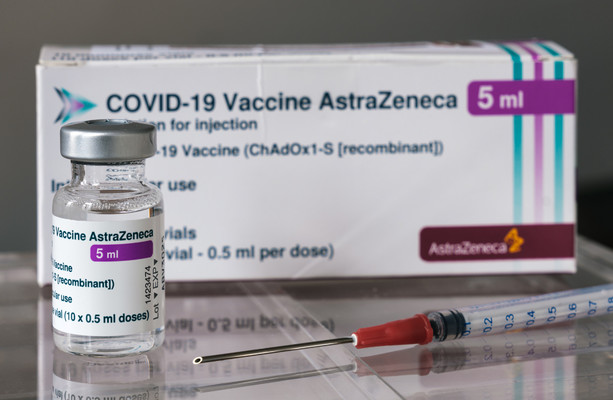Excellent, they really want the second dose to be administered and for good reason.
Yes. It is concerns over the rise of the Delta variant in Ireland and of the possibility of yet unknown variants.
Following the news that 284 new cases of Covid were reported to the HSE in the last 24 hours, Dr Holohan said he is “concerned” by the growth of the Delta variant here.
“Today’s data show a concerning increase in transmission of the Delta variant in Ireland. We estimate that Delta accounts for up to 20% of cases reported in the last week. We have also seen a number of outbreaks associated with this variant reported in the last week.”
Sam McConkey, professor of infectious diseases at the Royal College of Surgeons in Ireland, said while the new variant was largely affecting younger, unvaccinated cohorts, it still carried significant risks.
“It is not a trivial thing and it is not the case that there is no mortality associated with it,” he said.
“My view is that it would not be good public health policy to let it spread rampant in the population, and it adds a huge urgency to getting people vaccinated.”
It also might make the case for a more intensive testing regime, he said.
“It is more infectious so maybe we should be testing casual contacts, i.e., contacts of contacts.”
Travel was not something which should be encouraged he said, not necessarily due to the Delta variant, but the risk of as yet unknown mutations of the disease.
“Even before this became an issue, I would have said international travel is not something we should be doing, I’m largely with Tony Holohan on this. What I would be worried about is the evolution of another variant which could spread widely among people who are vaccinated. That would be a terrifying prospect.”

www.thejournal.ie